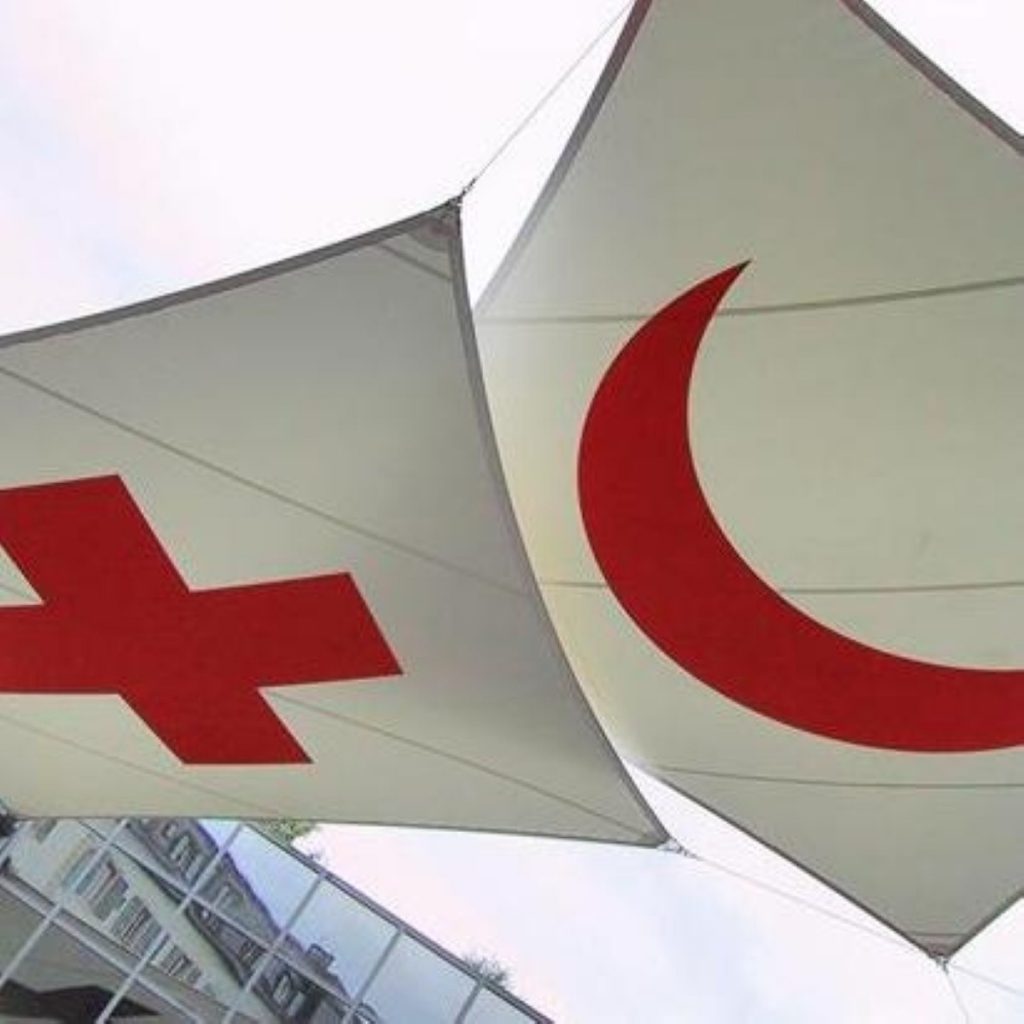PM shocked at aid worker’s ‘brutal’ death in Pakistan
Prime minister David Cameron has spoken out against the murderers of 60-year-old British aid worker Khalil Dale, whose body was discovered yesterday.
Mr Dale's decapitated body was found wrapped in cellophane by the side of a road outside Quetta in Pakistan's Baluchistan province, nearly five months after he was abducted by unidentified armed men.
A note accompanying his body stated he had been murdered following a failure to pay a ransom. It added that a video showing his death would be released soon. He is believed to have died after having his throat slit.
"I was deeply saddened to hear today about the brutal murder of Khalil Dale – a man who was killed whilst providing humanitarian support to others," Mr Cameron said.


"This was a shocking and merciless act, carried out by people with no respect for human life and the rule of law.
"Khalil Dale has dedicated many years of his life to helping some of the most vulnerable people in the world and my thoughts today are with his friends and family."
Mr Dale, a Muslim convert whose changed his name from Ken, had previously carried out aid assignments in Somalia, Afghanistan and Iraq and had won an MBE in 1994 for his work.
He had been working for the International Committee of the Red Cross (ICRC) in Baluchistan for nearly a year as a health programme manager before being kidnapped.
Foreign secretary William Hague said "tireless efforts" had been underway to secure his release since his kidnapping in January.
"This was a senseless and cruel act, targeting someone whose role was to help the people of Pakistan, and causing immeasurable pain to those who knew Mr Dale," Mr Hague said.
"My thoughts are with them, and with all those who have dedicated their lives to assisting the world's most vulnerable people through the Red Cross and Red Crescent Movement."
His death has been condemned by Pakistan's high commissioner in London, despite broad support for extremist groups including the Taliban in the country's more remote mountainous areas.
"Even those people who had supported them in the past would not have any sympathy for them – or any iota of assistance for them," Wajid Shamsul Hasan told the Today programme.
The ICRC's director-general Yves Daccord said his colleagues and those at the British Red Cross shared the "grief and outrage" of Mr Dale's family and friends.
"We are devastated," he said.
"Khalil was a trusted and very experienced Red Cross staff member who significantly contributed to the humanitarian cause."
Mr Dale did not shrink from danger during his work, which had previously seen him face machine gun fire, imprisonment and even torture.
"I just get on with the job and I believe in destiny," he had said in an interview.
"But I'll put it this way: I've made my will."

